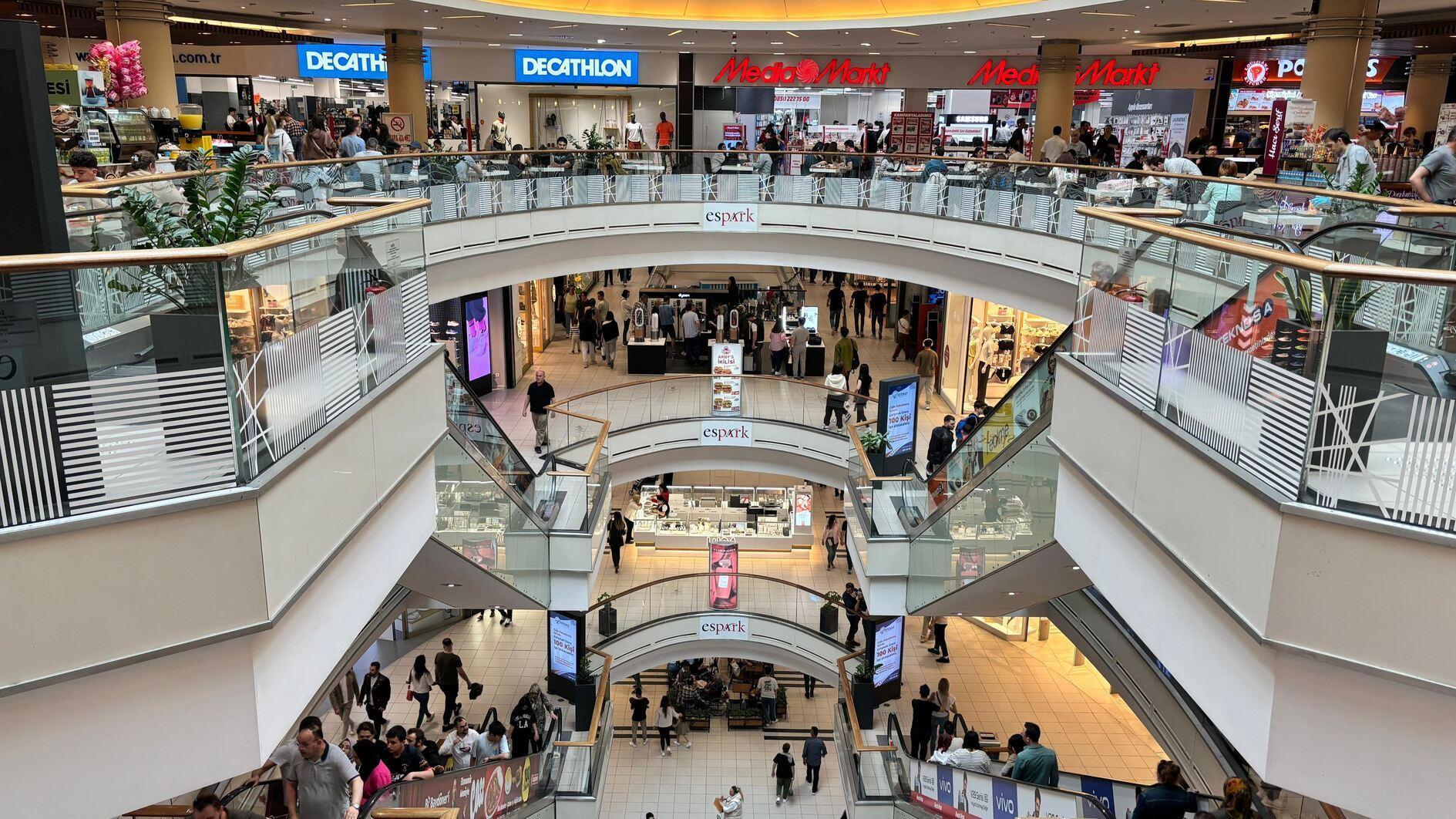What will Turkey and the US do after the fall of Mosul?
Last week I was in Israel to attend the Herzliya Conference, a high level international security conference taking place annually in Tel Aviv. On the sidelines of the conference I had a conversation with Ehud Barak, former Prime Minister and Defence Minister of Israel. Since we met right after the Mosul assault, Iraq has been the center of gravity of our conversation.
“Countries cannot choose their geography, just as children cannot choose their parents”, says Barak. He is almost certain that the longstanding frightening scenario which is the disintegration of Iraq, is now taking place. Yet, according to that scenario, it would be the Sunni politicians who would take control of central Iraq, not the ISIL (the Islamic State in Iraq and the Levant). Hence the ongoing scenario is so frightening that it could not even be imagined. Barak says that the ISIL is now in the process of building an Islamic state in central Iraq.
The former Israeli Prime Minister thinks that the U.S. could now take action in order to change the situation on the ground and also to show to the world that it is not passive and weak.That Russia is busy on Ukraine could also make this slightly less complicated. Accordingly, this could be through limited air attacks, targeting some ISIL spots. And also forming no fly zones over refugee concentrations in Syria close to Turkish and Jordanian borders. This would be on the basis of Turkey-U.S. cooperation.
Barak states that Turkey cannot afford not to take action when its direct interests are at stake since it is a major regional power. He adds that the recent regional developments might make Israel and Turkey ready to come closer since they need each other now even more.
* * *
Some incidents are like the zero multiplier. They “zeroize” the whole equation. The ISIL’s capture of Mosul and of the Turkish Consulate in the city, has had exactly this effect. Not only on Iraq, but the whole region.
Look at the developments only in the last 3 days: In Iraq, Baghdad just declared that it will cooperate with Arbil with which it has been at odds for long. Kirkuk which has been the main problematic issue between them, is now under Arbil’s control. In addition, the PKK just offered help to Arbil which it has had sour relations with. A high level Iraqi official who I asked about the recent domestic situation, says that the Sunni tribes in the country started to join the ISIL which might soon also happen with the Sunni community in Baghdad. In short: Iraqis rapidly come to the brink of civil war and Kurds seem to be the ultimate winner of this new context.
The regional balance of power has also shifted in the last 3 days. Ankara is now in cooperation with Baghdad with which it had been at dispute for the last 4 years. It might do the same with Israel in the wake of the last developments. That President Gül congratulated Egyptian President al-Sisi last Thursday on his inauguration as president,also cannot be dissociated from the recent developments. Last but not least, Arbil’s cooperation with the PKK would also break the ice between Arbil and Rojava, in other words between northern Iraq and northern Syria.
For sure, the strangest change has occurred between Tahran and Washington both of which have found themselves on the same front, offering help to Nouri al-Maliki.
Certainly Assad will be the second winner of this game. Both Turkey and the West are already frightened that the same scenario will replay in Syria. This might make Assad seem to be the only stability factor in the country as a result of which Turkey and the U.S. would have to revisit their Syria policy.
Yet the game is not over yet. As I had written in my piece on April 8, “this Frankenstein (ISIL) which Assad has created with his own hands, might one day stand against Assad himself. And that day Ankara, the West, Assad, we all might find ourselves cooperating against al-Qaeda.”











